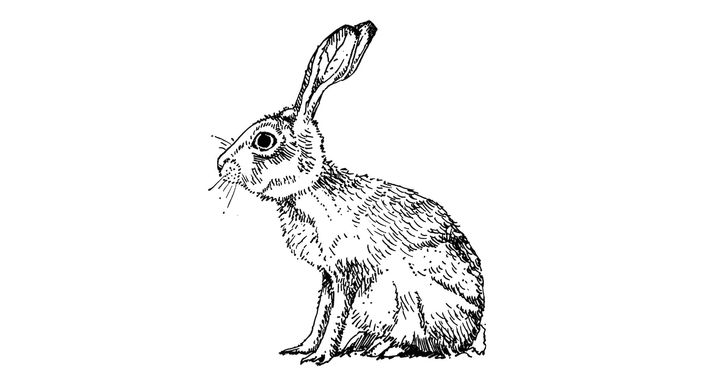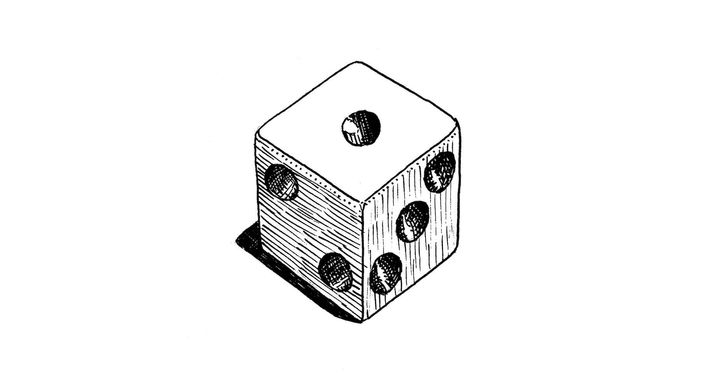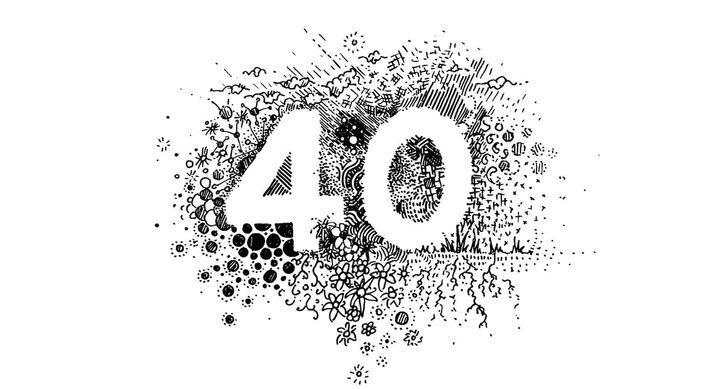Bee, thou art sick
A café called the Raumati Social Club (R.S.C.) has recently opened in the neighbourhood. They create affable coffee, stoking the fire of a small community. Barista and part-owner Matt sports an impenetrable beard, and slams wit and enthusiasm out into your morning. Good coffee, good people.
But recently the happy café vibes were tinged with sadness by a tiny visitor—a bee. As the sun shone and people laughed, the solitary bee landed on my partner Victoria’s boot. We marvelled at the sight of an actual bee; there hadn’t been many around for some time. This wasn’t just sad because he was a lone buzzy ranger, a social insect out on his own. Bees are in trouble.
It’s not new. Hives the world over are collapsing; the bees are disappearing. We’re starting to hear similiar reports from hives in New Zealand. While New Zealand may not yet be joining the Colony Collapse Disorder black list, many fear we are unlikely to be immune from this ill trend. The tragic thing is that while we may scramble to save other animals, the humble bee just isn’t a very popular insect.
When I was six, a bee landed on my hand while eating a jam sandwich at lunch time. It stung upon landing. An older kid swiped it off my arm, and soon I was sitting inside with a couple of teachers staring at the red swollen blotch. “At least it will have died,” one of the teachers had said. That’s how we categorised bees as children: nasty stinging pain-bringers.
My mum has always needed an Epipen in case she gets stung or she’ll have an anaphylactic reaction. As children we were therefore always on the lookout for bees—creatures of menace. Bees suffer from the same lack of positive marketing that sharks and spiders suffer from. We generally grow up fearing and hating them.
Bees will not benefit from merchandised badges and shirts like the panda did/does; the bee is not cute, and does not look like a made-up teddy bear. Nor is the bee majestic and noble like endangered tigers, or endearing like our misguided kakapo. I’m not saying that we should give up hope, only that bees are a hard sell. Even the iconic buzzy bee toy doesn’t seem to have fostered positive feelings towards the little honey-makers.
As I was sitting outside the R.S.C. with my ten-month-old son, sad for bees in general, a wasp landed on the elbow of a café worker. He swiped at it warily, backing away—nasty stinging pain-bringer. Wasps have their place in the ecosystem too, but for now the bee wins the supreme prize for being worthy of our sympathy. Wasps are just nasty.
Seeing the solo bee resting on Victoria’s boot made me feel a little more positive about humankind’s chances. The bees are still okay. Then I thought that maybe it was just a big blowfly. No, on closer inspection it was definitely a bee. But it wasn’t going to preserve the natural balance of the environment and pollinate New Zealand on brown suede, so I gently waved my hand near it and it fell off the boot, on to the ground… and started to die. Bee, thou art sick. The abdomen pumped backwards and forwards, slower, and slower… then stopped. We’re doomed.
Yes, it was only one bee, and its demise didn’t prove anything, but it was a symbol. This little harbinger of ill health had buzzed its last buzz. The bees aren’t all right.
This is not just an issue of honey either, although the sweet elixir that many cherish is in danger. Recently there was a note (for a popular honey brand) on the honey shelf at Commonsense Organics, saying that the bees hadn’t been up to the task and so there would be no honey this season. The honey barometer is dropping and it doesn’t bode well.
The humble honey bees are world champion pollinators that help our crops and plants to grow. We need them. Unfortunately pollination is largely an invisible process akin to fairy tale magic. Inherent worth aside for a moment, a bee’s usefulness isn’t visible enough for people to be concerned.
For those who need it to make economic sense before they’re swayed, there’s a lot of money at stake for New Zealand in terms of protecting our tendency to grow things for eating and exporting. Billions and billions.
It may be that there are a great range of things we could do to help our buzzy bees (such as reconsidering our use of neonicotinoid pesticides, which are especially harmful to bees—other countries have banned them), but will we? I’m sorry bees. As a collective we humans find it hard to go out of our way for things we casually deem insignificant or annoying—you’re little, you loiter around flowers all day, and you have a stinger.



Comments ()